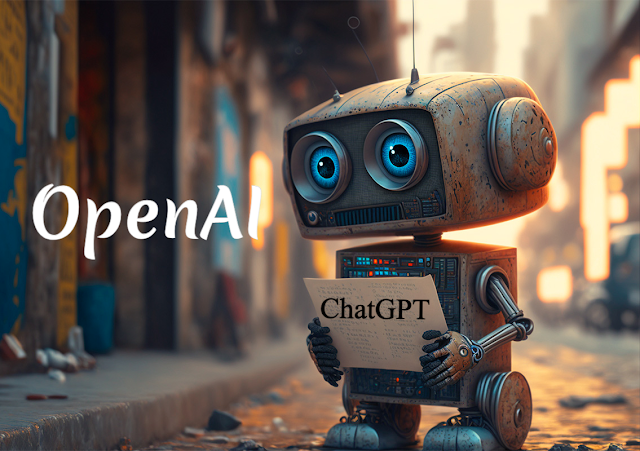 |
ChatGPT is an AI-powered chatbot that utilizes OpenAI’s Generative Pre-trained Transformer 3 (GPT-3) language model. The model has been trained on a massive amount of text data to generate human-like responses to a wide range of questions and prompts. When a user inputs a message, the chatbot uses its language understanding capabilities to generate an appropriate response.
Why use ChatGPT
There are several reasons why you might use ChatGPT:
- Convenience: ChatGPT allows you to have 24/7 availability for customer support or answering questions, without the need for human intervention.
- Consistency: ChatGPT can provide consistent responses to common questions, reducing the likelihood of misunderstandings or inconsistent information being provided to users.
- Speed: ChatGPT can respond to questions much faster than a human, providing an immediate response to users’ inquiries.
- Cost-effectiveness: Compared to hiring a team of customer support agents or information specialists, ChatGPT can provide similar services at a fraction of the cost.
- Versatility: ChatGPT can be integrated into a variety of applications, such as websites, mobile apps, and messaging platforms, making it a flexible solution for different use cases.
- Improved User Experience: By providing fast, accurate, and engaging responses, ChatGPT can enhance the overall user experience and increase customer satisfaction.
How ChatGPT work
ChatGPT works by using a deep learning technique called Natural Language Processing (NLP) to generate human-like responses to user inputs. Here’s a general overview of how it works:
- Input Processing: The user inputs a message or question, which is processed and transformed into a machine-readable format.
- Pre-trained Language Model: ChatGPT utilizes OpenAI’s GPT-3 language model, which has been pre-trained on a massive amount of text data to understand the patterns and relationships in human language.
- Response Generation: Based on the input, the language model generates a response by selecting the most likely text to follow the input. This is done using a process called “autoregression,” where the model predicts the next word or phrase based on the previous context.
- Output: The final response generated by the language model is converted back into human-readable text and sent back to the user.
ChatGPT how help human ?
ChatGPT can help humans in several ways:
- Customer Support: ChatGPT can provide quick and accurate answers to customer inquiries, helping businesses to improve their customer support operations and provide a better user experience.
- Information Retrieval: ChatGPT can be used as an information retrieval tool, allowing users to ask questions and receive relevant and up-to-date information on a wide range of topics.
- Personal Assistant: ChatGPT can assist individuals with daily tasks, such as scheduling appointments, making reservations, or providing reminders.
- Education: ChatGPT can be used as a tutor, providing explanations and guidance on various subjects to help individuals learn and grow.
- Entertainment: ChatGPT can provide a fun and engaging experience by chatting with users and participating in conversations on a variety of topics.
- Improved Accessibility: For people with disabilities or those who have difficulty using traditional interfaces, ChatGPT can provide a more accessible and user-friendly way to access information and services.
Disadvantages of ChatGPT:
- Limited Understanding: Although ChatGPT is trained on a massive amount of data, it still has limitations in its understanding of language and the world. It may provide incorrect or irrelevant responses, especially to complex or nuanced questions.
- Lack of Empathy: ChatGPT is an AI language model and does not have the ability to understand emotions or provide emotional support. This can lead to a less personal and less satisfying experience for users.
- Bias and Discrimination: As with any AI system, ChatGPT can reflect the biases and discriminatory attitudes present in the data it was trained on. This can result in unfair or biased responses to certain questions or users.
- Privacy Concerns: ChatGPT can collect and store large amounts of user data, raising privacy concerns and the potential for misuse of personal information.
- Technical Limitations: ChatGPT is dependent on the availability and reliability of internet and computational resources, which can be subject to disruptions or outages.
